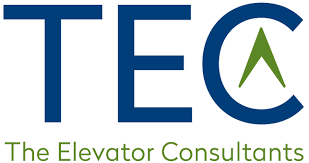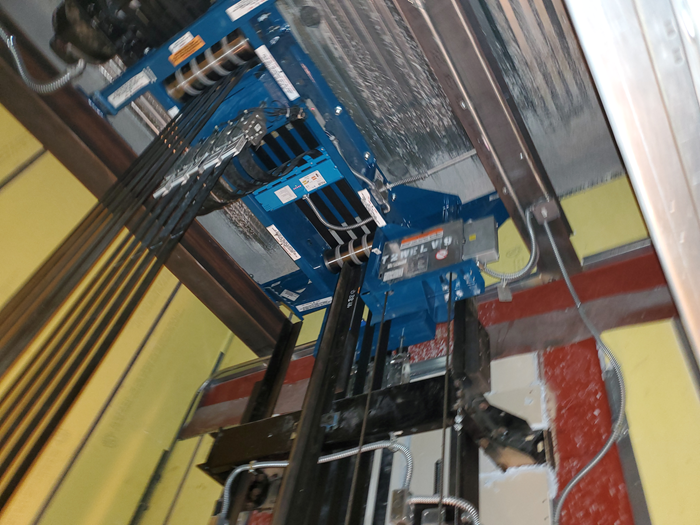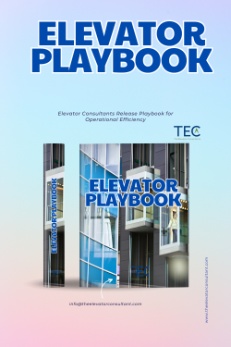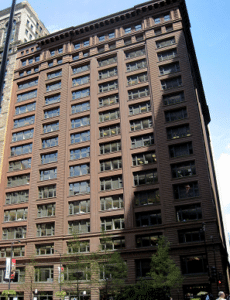In today’s times, the cliché doing more with less has never been so true; life just isn’t the same. We all wear multiple hats with less staff and more responsibilities while managing procedural changes and working within a budget. One significant opportunity to reduce your costs and headaches is to look at the elevators and escalators in your hotel.
What are 3 things Hospitality Hotels Can do to Save Cost Quickly?
Following these three simple tips will save your hotel significant money in costly repairs and service calls. It will also prolong the life of your equipment, and keep your hotel guest experiences (and their 5-star reviews!) seamless:
1. Know your elevator service contract
This contract tells you everything that is covered; however, it is usually written in a highly technical way. This prevents most of us from understanding it. It is very common to be charged for items that are covered in your contract. Or to be overcharged for labor. Inputting the contract service levels, terms, and conditions to an elevator maintenance software is extremely helpful. This allows for automation of this difficult task. It is the building’s responsibility to keep the elevator maintenance records readily available. Elevator monitoring in all aspects is needed. Your equipment records are critical, especially to know the history of the work. Furthermore, it is a requirement to remain code-compliant.
2. Keep records
It is critical to know what an elevator service provider is doing for your equipment and the service levels. If you call for service, you should know if that service is covered in your service contract or if it’s considered overtime. You should record when the service provider arrives, and how long they are on site so you know how much you will be charged when you receive the bill. These records are required by code and will also help you with your expenses. When the bills arrive you will know exactly how much is owed. This will save several thousands of dollars.
3. Make sure you are getting preventive maintenance
The trend in the elevator industry is to receive callback or break-fix maintenance. The elevators are notorious for breaking when you are full. Of course, it happens on weekends. If you have the service providers providing preventative maintenance, this can be avoidable. If the equipment is properly maintained, it is highly unlikely that you will have unnecessary callbacks. The key to keeping elevators running optimally is taking consistent care of the equipment. Too often we see equipment needing modernization prematurely due to lack of preventive maintenance. Costly repairs may also be avoided with consistent routine preventive maintenance.
The hospitality industry has been hit hard on all levels lately. These three simple actions can help you run a smooth building operation and improve your bottom line. There is elevator maintenance monitoring software that can automate the process; if this is not an option then simple pen and paper can be used as a log to keep records. Allow your hotel team to focus on their primary customer responsibilities and preserve your hotel ratings — and the customer experience — by following these three key steps.





 ASME stands for “American Society of Mechanical Engineers” and is the governing body for elevator safety standards.
ASME stands for “American Society of Mechanical Engineers” and is the governing body for elevator safety standards. Sometimes it’s not clear what’s actually wrong, and sometimes you can be “taken for a ride” do to your lack of knowledge. The problem is that you – as the car owner, or the building owner – don’t have the skill and expertise needed to evaluate what’s really going on.
Sometimes it’s not clear what’s actually wrong, and sometimes you can be “taken for a ride” do to your lack of knowledge. The problem is that you – as the car owner, or the building owner – don’t have the skill and expertise needed to evaluate what’s really going on.